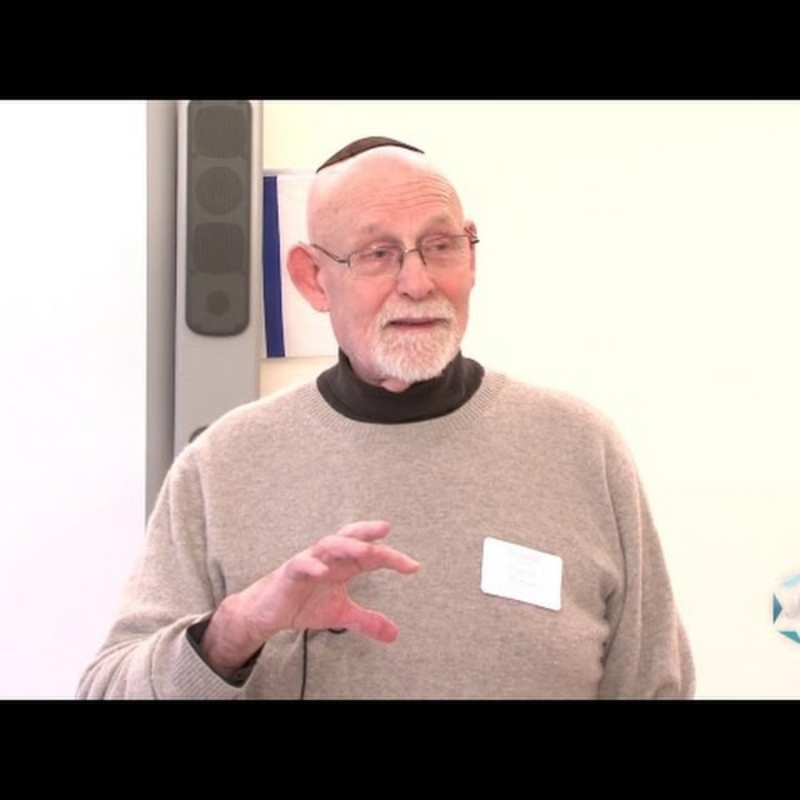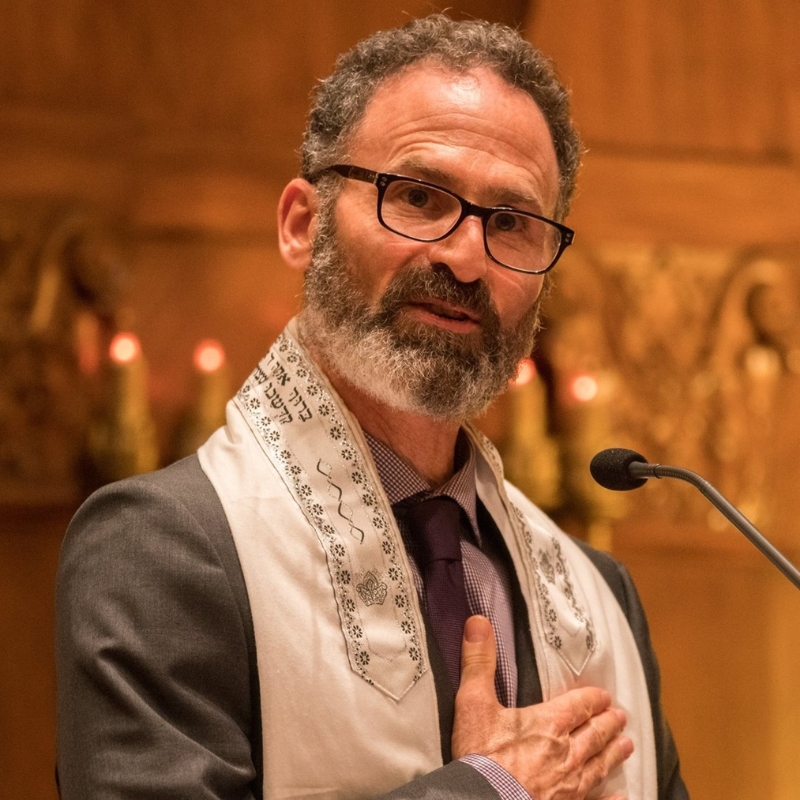Social Justice: Leadership and Philosophy

Mishpatim: Legal Is Not Always Just
Torah does not ask us to confuse legality with righteousness. It challenges us to investigate whether our laws serve the most vulnerable, honor human dignity, and reflect the divine spark that exists within every human being.
more

Yitro: The Other Half of the Tablets
It is exactly how we treat every person, every animal, every plant, our planet — with reverence — that distinguishes us as fulfillers of the Divine commandments on which the world was formed, and the slaves from Egypt were redeemed.
more

Beshalach: Scarcity and Sustenance — What Is Enough?
In a time when manna no longer falls from the sky, its ethic becomes our responsibility. By rejecting the culture of excess, using Shabbat as a tool of resistance, and fostering communities of care, we can work toward building the society that our parshah invites us to imagine.
more

VaEra: And God Spoke
…I am a refugee. I am an immigrant. I am a person of color. I am a transgender person…
[These] words become more than just words when we know that it was YHVH who spoke them.
more

Shemot: What’s in a Name?
In the Morning Blessings, we name different aspects of the Divine by acknowledging their presence in our lives. Merely by acknowledging these qualities, through mentioning their names, it is as if we are funneling them into our day.
more

Vayechi: Our Souls, Bound up with Our Brothers’
Jacob’s words remind us that life’s most sacred moments call us to speak truth and to recognize our deep ties with one another. Even when relationships are fraught, even when pain tempts us to turn away, we are bound together.
more

Vayigash: Hope in Incomplete Redemptions
Although makhlokot (disagreements) stem from forgetting the Torah, Torah thrives and expands as we argue, trying to uncover its truths. When we have different truths, we increase the Torah in the world, and thus beautify it.
more

Chanukah: Spread Love and Righteousness
The Chanukah lights are intended for people on the “outside” — those on the margins. The internal practice of Chanukah is to turn outward and examine how we help illuminate God’s holiness for people on the outside of our society.
more

Vayeshev, Yosef’s brothers, and Gaza
"More and more I begin to believe that we are as defined by those calls for help we do not answer as by those calls that we do."
more

Vayishlach: Wrestling with God: The Identity of Am Yisrael
In this moment, when our communities carry fear, grief, and uncertainty, the identity of wrestling feels especially urgent. Wrestling is a powerful metaphor for faith. It means to hold on — even when understanding feels out of reach.
more
